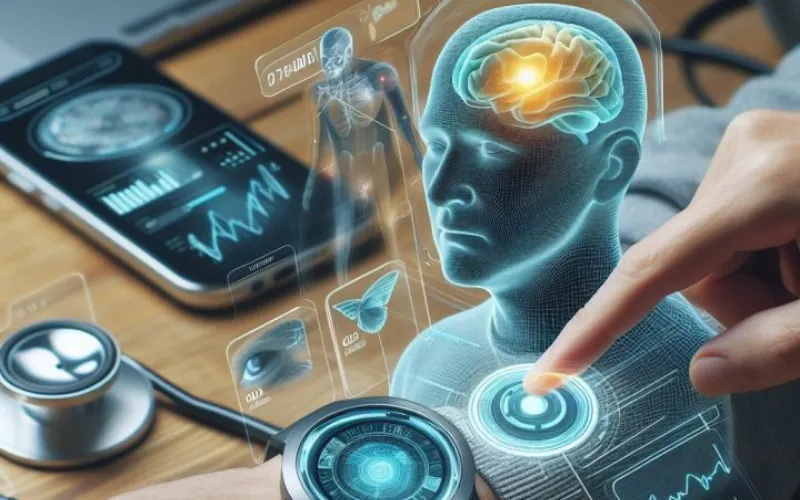- AI self-replicates: Large models create smaller ones independently.
- Breakthrough collaboration: Aizip, MIT, UC achieve self-evolving AI.
- Tiny AI for objects: Chip-sized systems bring intelligence to appliances.
In a groundbreaking development, a collaborative effort between Aizip Inc., Massachusetts Institute of Technology (MIT), and several University of California campuses has achieved a significant milestone in the realm of artificial intelligence (AI).
Researchers have successfully demonstrated that larger AI models, akin to those powering systems like ChatGPT, can autonomously create smaller, specialized AI applications without human intervention. This achievement marks the first step toward self-evolving AI, where AI models can build and improve upon themselves.
Yan Sun, CEO of Aizip, explained, “Right now, we’re using bigger models to build the smaller models, like a bigger brother helping [its smaller] brother to improve. That’s the first step towards a bigger job of self-evolving AI.” The collaborative team has showcased the creation of smaller AI systems capable of enhancing everyday life applications such as improving hearing aids, monitoring oil pipelines, and tracking endangered species.
Yubei Chen, a U.C. Davis professor and Aizip co-founder, highlighted the significance of the research, stating, “The surprising thing we find is that, essentially, you can use the largest model to help you automatically design the smaller ones.” This collaborative effort has resulted in the development of a fully automated pipeline, demonstrating that AI models can be designed from data generation to deployment and testing without human intervention.
One of the remarkable achievements showcased by Aizip is a human activity tracker housed in a chip smaller than a dime, emphasizing the potential for tiny machine learning. These small AI systems, capable of fitting into compact devices or spaces, are considered crucial for achieving pervasive AI, where nearly any object can become intelligent.
The researchers foresee a future where large and small AI models collaborate to build a complete intelligence ecosystem. As AI continues to advance, applications ranging from identifying human voices in ambient noise to monitoring pipeline data and analyzing satellite and ground-based sensor data for wildlife tracking could become more efficient and autonomous.
The implications of this milestone extend beyond traditional AI applications, with the potential for incorporating AI into home appliances like coffee machines, ovens, dishwashers, TVs, and more. The self-replication capability of AI opens up new possibilities for creating intelligent systems that can adapt and evolve independently, ushering in a new era in artificial intelligence research and development.
[embedpost slug=”/us-identifies-ai-as-financial-system-risk-in-historic-move/”]




















